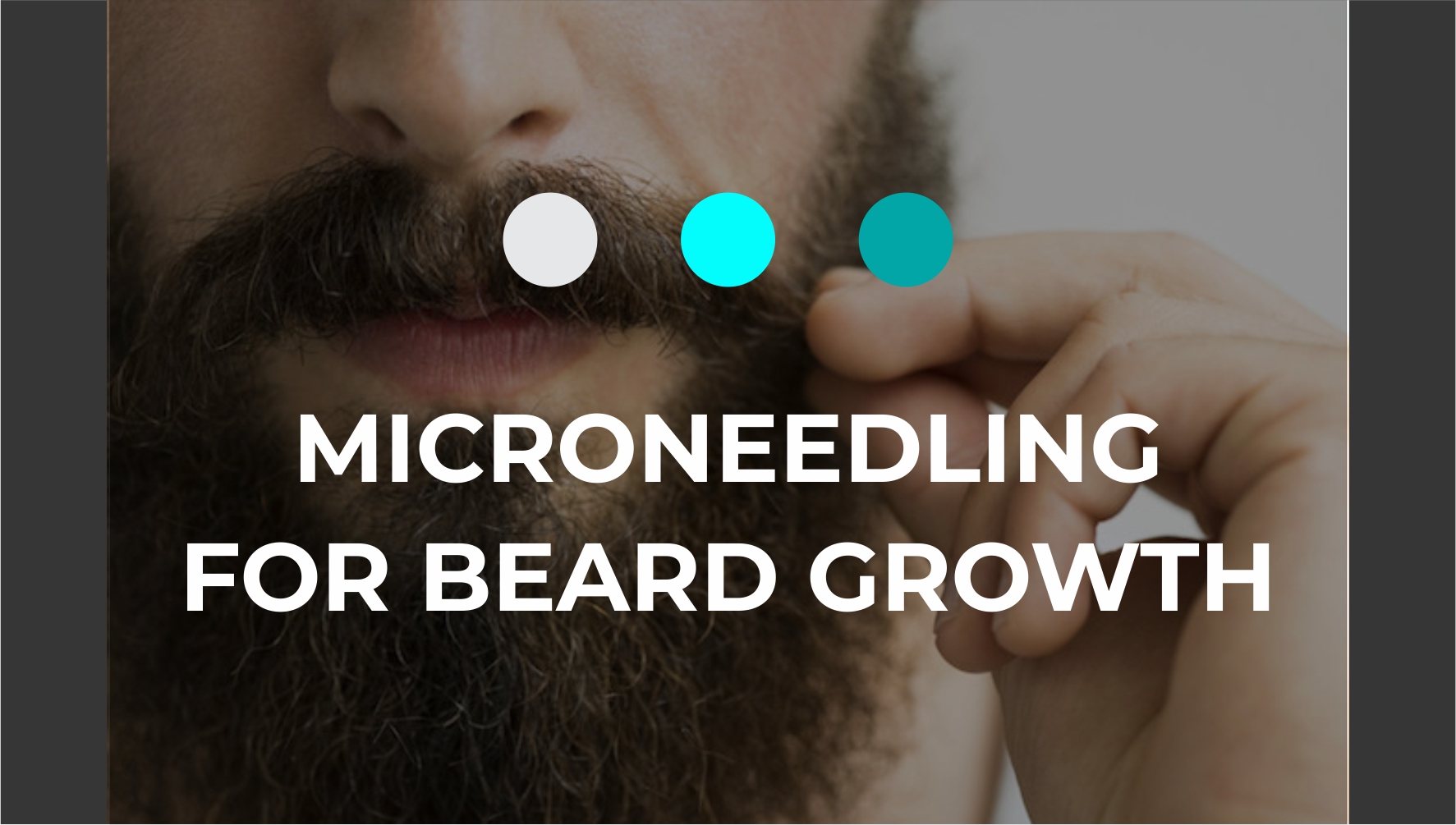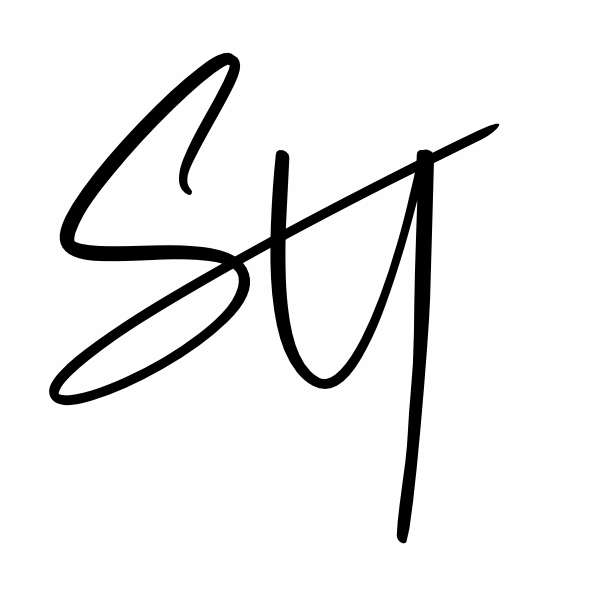
DermaRollers for Beard Growth
Can dermarollers help with beard growth? Yes, most definitely, provided you also take care of your diet and lifestyle. Dermarollers stimulate beard growth by puncturing the skin with hundreds of tiny needles. This in turn improves nutrient & hormone-rich blood flow to the hair follicles.
As dermarolling promotes blood flow and circulation, it would make logical sense that it could result in an increased rate of natural beard growth; making your mane thicker over time.
It is recommended to combine your dermaroller treatment with a natural and organic hair growth tonic to boost results.
Causes of beard hair loss
Quick facts:
- Daily shedding of facial hair is natural due to the natural beard growth cycle
- Beard growth is fueled by male hormones and lower levels may cause hair loss
- Not getting enough vitamins and minerals can cause hair loss
- Both scalp and beard hair loss can be due to chronic stress
- Too aggressively beard care routine
- Facial alopecia aerata (patchy hair loss) & alopecia barbae (autoimmune condition attacking hair follicles).
1. Daily shedding of facial hair is natural due to the natural beard growth cycle
Your hair goes through a three stage growth cycle; beards are no different in that regard.
The three hair growth phases are:
- Anagen growth phase, lasting 2-6 years
- Catagen transition phase, lasting 1-2 weeks
- Telogen resting phase, lasting 2-4 months
- and then the follicles do the same all over again.
Because of these phases, it is natural that you will shed a lot of beard hairs on a daily basis. You are also not actually losing these hairs either. Your body just runs through its natural beard growth stages.
Each hair is at different intervals of the growth cycle at all times, or else your entire beard would fall off and you have to keep starting over again. That would be traumatizing!
Old hairs are simply being pushed out after the telogen resting phase ends, and the hair follicles return back to the anagen growth phase, producing new hair strand through the same “tube” or follicle.
A thick full beard holds an average of 30,000 hairs, and it’s not uncommon for you to see 30-120 beard hairs falling out in a day as part of the natural shedding process.
At any given time, approximately ten percent of your beard will be in the telogen resting phase, just waiting to drop off so the follicle can sprout new hair from the same follicle once it returns to the anagen phase.
2. Your DHT and testosterone might be dropping
Beard growth is triggered and regulated by androgenic male hormones. Testosterone primes the follicles for growth, thus increasing their size amd DHT (dihydrotestosterone) fuels the linear growth.
Men with low levels of androgenic hormones, can’t really grow a beard, and women who have abnormally high levels of androgens due to PCOS (polycystic ovary syndrome), will start seeing beard growth on their faces (hirsutism).
Men who have thick full beards, normally have high levels of androgenic hormones. A sudden thinning of hair usually indicated lowering levels of testosterone and DHT.
It’s common to gradually lose some of your testosterone as you age, but if your levels dip down low enough, it’s likely that your beard hairs will start shedding at a much faster and more noticeable rate.
3. Nutrient deficiencies & dieting
Make sure you are taking in the proper nutrients and drinking plenty of water. You would be surprised just how much your diet affects and can jumpstart beard growth.
A deficiency in any key vitamin or mineral can cause the thinning of your beard to accelerate. Vitamin A, vitamin C, vitamin D, vitamin E, biotin, selenium, iron, zinc and protein are all key components to a healthy beard growth.
These nutrients plays a huge roll in endocrine functions and the enzymatic conversions that the beard hair follicles need to operate at full capacity. Because of this, it is imperative to consume a healthy diet full of nutrient-dense foods.
4. Prolonged and chronic stress
It is vitally important to try and limit stress as much as possible. Stress is a proven killer of not only for beard hair, but all hair. It usually impedes hair growth and even causes premature beard loss.
If you’ve ever been under serious prolonged stress, whether it’s money, work, relationships, or short-term stress, you already know how negatively it impacts your life. Many of these negative effects can be attributed to elevated levels of the stress hormone – cortisol. Cortisol rises in a fight-flight situation or in response to other stressors and when kept high enough for a long time, it wreaks havoc within your body.
Cortisol also speeds up hair loss in the following ways:
- It disrupts the natural hair follicle growth phase, and switches more and more beard hairs into the resting phase
- Cortisol suppresses androgenic hormones namely testosterone and DHT
- It induces androgen receptor down-regulation > androgen receptors are the crucial gate-keepers that allow T & DHT to bind into the beard follicle cells in order to enter your DNA.
Vitamin C should be considered an essential part of stress management. Studies have shown that vitamin C abolishes the secretion of cortisol in subjects that endure repeated stress.
5. Don’t be too aggressive with your beard care routine
Taking care of the skin itself is great, but take care not to overdo it. In the case of beard care, it’s easy to do too much and you’ll end up damaging the follicles in the process. When washing your beard, be sure to use a gentle beard wash that won’t strip all of your natural oils from the hair and skin, leaving it dry and brittle. Take care not to overwash. Once or twice a week is recommended, but if your lifestyle calls for more, adjust as needed.
Using a boar bristle beard brush can often benefit the beard and even stimulate the growth. Don’t brush too aggressively or too often, especially immediately after the shower, as it’s guaranteed to thin your beard with time.
You’ll also want to use a good quality beard oil after your daily shower. One that contains natural, unrefined oils such as jojoba oil, sweet almond oil, and apricot kernel oil. Keeping all of this in mind will help you create a healthy and optimal beard-growing environment.
Lastly, many beard products like beard oils and balms, use ingredients that are known as DHT-blockers. The best oils for beard health are avocado oil, virgin pumpkin seed oil, sweet almond oil, apricot kernel oil, golden jojoba oil, virgin argan oil, and kukui oil. The best essential oils to add if you wish to boost the efficacy of your base oils are cedarwood oil, vetiver oil, peppermint oil, lavender oil, tea tree oil, rosemary oil, sandalwood oil, sage oil, and thyme oil.
Dermarolling with a 0.5mm before each application will help skyrocket the absorption of these oils. A 1mm dermaroller can be used every two weeks to help stimulate collagen and elastin in the deeper layers of the skin.
5. Alopecia aerata & alopecia barbae for the beard
Alopecia is a hair condition in which clumps of hair start to fall out. This then causes spots of smooth and completely hairless patches to start appearing on your scalp and other parts of your body. In some cases, you may notice your hair getting visibly thinner or breaking off a few inches above the roots, without actually causing bald spots.
What causes alopecia?
Alopecia can be triggered by various factors such as stress, ageing, smoking excessively, imbalance of hormones, genetic problems, infections on the head, using products for hair which contain excessive chemicals, some particular medication such as thyroid problem, polycystic ovary symptoms, autoimmune diseases, anemia with deficiency of iron or some chronic diseases as well as environmental effects.
Alopecia and diet
The common trait found in all autoimmune diseases is internal inflammation, and food has the ability to support the body’s natural healing system.
You can reduce inflammation and support your body’s functioning to its optimum level of health, simply by changing your diet. There are certain foods that are naturally anti-inflammatory and other foods that exacerbate the inflammation. Our body can use its natural healing abilities to begin repairing the damage when we remove the triggers and fill up with nutrient-dense, whole natural foods.
It is recommended to cut out all dairy products—the milk protein casein has been known to irritate the immune system. You can get excellent sources of calcium from sources such as tofu, turnips, chia seeds, mustard greens, kidney beans, tahini, kale, oats, blackstrap molasses, quinoa, collard greens, and much, much more plant-based foods.
Also try and reduce your intake of polyunsaturated fats such as sunflower, safflower and corn oil, margarine, shortening and trans-fats found in most commercially baked goods and fried foods. The major problem with PUFAs (polyunsaturated fats) is their missing hydrogen atoms, which makes their cell structure more susceptible to free radicals. It is their chemical structure that makes them poorly oxidized by the metabolic system.
